New Education Policy 2020: The New Education Policy (NEP), approved by the Union Cabinet on Wednesday, lays down that all higher education institutions will have to transparently disclose fees charged by them and any profits have to be reinvested in the education sector.
• All education institutions will be held to similar standards of audit and disclosure as a ‘not for profit’ entity. Surpluses, if any, will be reinvested in the educational sector, according to the NEP 2020.
• There will be transparent public disclosure of all these financial matters with recourse to grievance-handling mechanisms to the general public. The accreditation system developed by a National Accreditation Council will provide a complementary check on this system, and a National Higher Education Regulatory Council (NHERC) will consider this as one of the key dimensions of its regulatory objective.
• All fees and charges set by private HEIs will be transparently and fully disclosed, and there shall be no arbitrary increases in these fees during the period of enrolment of any student. This fee determining mechanism will ensure reasonable recovery of cost while ensuring that HEIs discharge their social obligations.
• Through a suitable system of graded accreditation and graded autonomy, and in a phased manner over a period of 15 years, all HEIs in India will aim to become independent self-governing institutions pursuing innovation and excellence.
• Upon receiving the appropriate graded accreditations that deem the institution ready for such a move, a Board of Governors (BoG) shall be established. Equity considerations will also be taken care of while selecting the members, according to the policy.
• The BoG of an institution will be empowered to govern the institution free of any external interference. It is envisaged that all HEIs will be incentivized, supported, and mentored during this process, and shall aim to become autonomous and have such an empowered BoG by 2035.
• Stand-alone agricultural universities, legal universities, health science universities, technical universities, and stand-alone institutions in other fields, shall aim to become multidisciplinary institutions offering holistic and multidisciplinary education.
• All institutions offering either professional or general education will aim to organically evolve into institutions/clusters offering both seamlessly, and in an integrated manner by 2030.
• Both capacity and quality of agriculture and allied disciplines must be improved in order to increase agricultural productivity through better skilled graduates and technicians, innovative research, and market-based extension linked to technologies and practices.
• Institutions offering agricultural education must benefit the local community directly; one approach could be to set up Agricultural Technology Parks to promote technology incubation and dissemination and promote sustainable methodologies, is another highlight of the policy.
• Legal education needs to be competitive globally, adopting best practices and embracing new technologies for wider access to and timely delivery of justice.
• Healthcare education needs to be re-envisioned so that the duration, structure, and design of the educational programmes need to match the role requirements that graduates will play.
• Given that people exercise pluralistic choices in healthcare, our healthcare education system must be integrative meaning thereby that all students of allopathic medical education must have a basic understanding of Ayurveda, Yoga and Naturopathy, Unani, Siddha, and Homeopathy (AYUSH), and vice versa.
• There shall also be a much greater emphasis on preventive healthcare and community medicine in all forms of healthcare education.
• Technical education will also aim to be offered within multidisciplinary education institutions and programmes and have a renewed focus on opportunities to engage deeply with other disciplines.
•India must also take the lead in preparing professionals in cutting-edge areas that are fast gaining prominence, such as Artificial Intelligence (AI), 3-D machining, big data analysis, and machine learning, in addition to genomic studies, biotechnology, nanotechnology, neuroscience, with important applications to health, environment, and sustainable living that will be woven into undergraduate education for enhancing employability of the youth.

Source: Hindustan Times

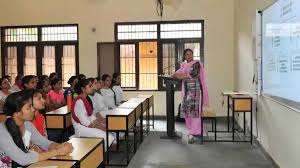
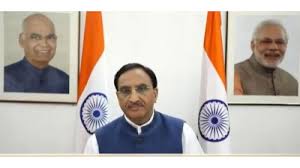





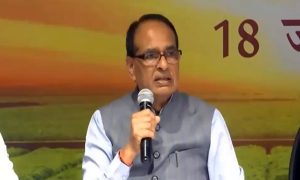



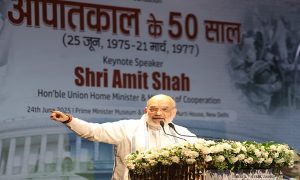

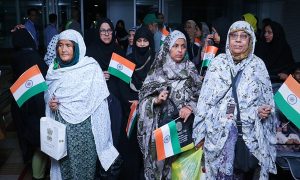













 WhatsApp us
WhatsApp us